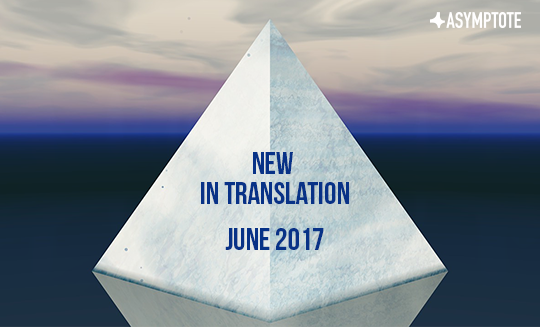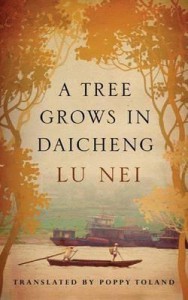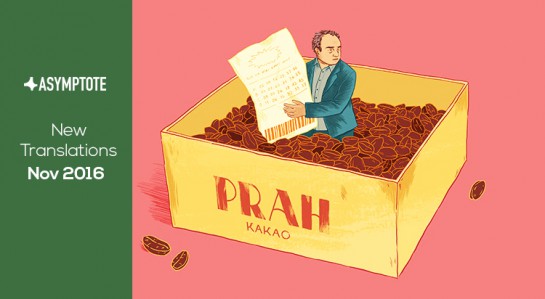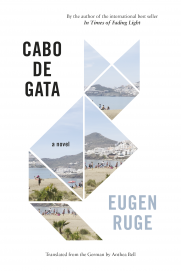Samuel Beckett self-translated a great many of his texts from French to English and vice-versa, and does not seem to have unequivocally favored one language over the other. For Beckett, choosing to write in French came from “un désir de m’appauvrir encore plus” (a desire to impoverish myself even further). Evidently, he viewed French as a more minimal language.[1] Beckett sparsely commented on his decision―or compulsion―to write in both languages, but in all events, such choices appear to be largely affective and difficult to justify rationally. All the more so when the act of self-translation is for many, including Beckett himself, an experiment in agony. For a minority, self-translation instead liberates the writer, at once from the risk of servility to an original, and from the effort of wrenching a brand new work from one’s mental background noise. One need neither give birth to a new text, nor obey an existing one.
The late novelist Raymond Federman, an émigré from France and a bilingual speaker, offers an example of one writer for whom self-translation was in some sense liberating. Federman wrote for several decades almost entirely in English, and only began to self-translate well into the middle of his career. In fact, English remained his dominant language of initial composition, and he once expressed to me a certain resistance to writing directly in French. Nonetheless, he self-translated extensively from the mid-nineties until his death in 2009. Federman introduces extensive and significant variations between translations and originals, so that his texts exhibit what Sara Kippur calls mouvance (variance), a term borrowed from medievalist Paul Zumthor.[2] Beckett’s own texts exhibit some variation, but in Federman’s case, narrative accounts of a single autobiographical event differ between accounts, whether they occur in different books or in the “same” book’s French and English version. Hence, Federman ties the act of translation directly to issues of autobiographical authenticity, demonstrating that such authenticity is largely illusory―memory is a kind of fiction.





